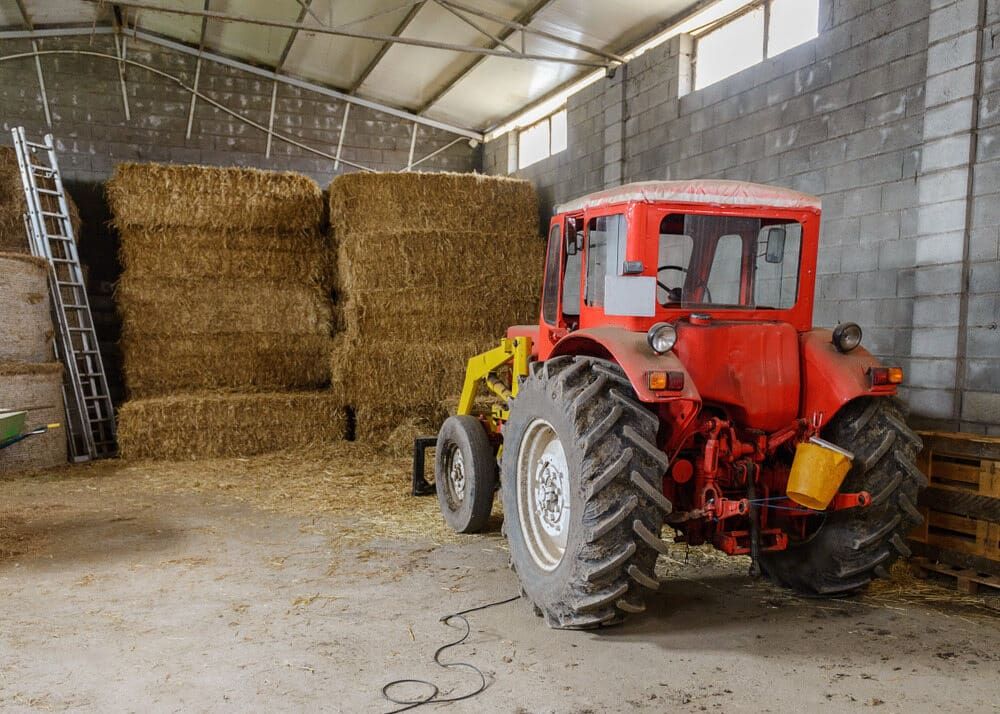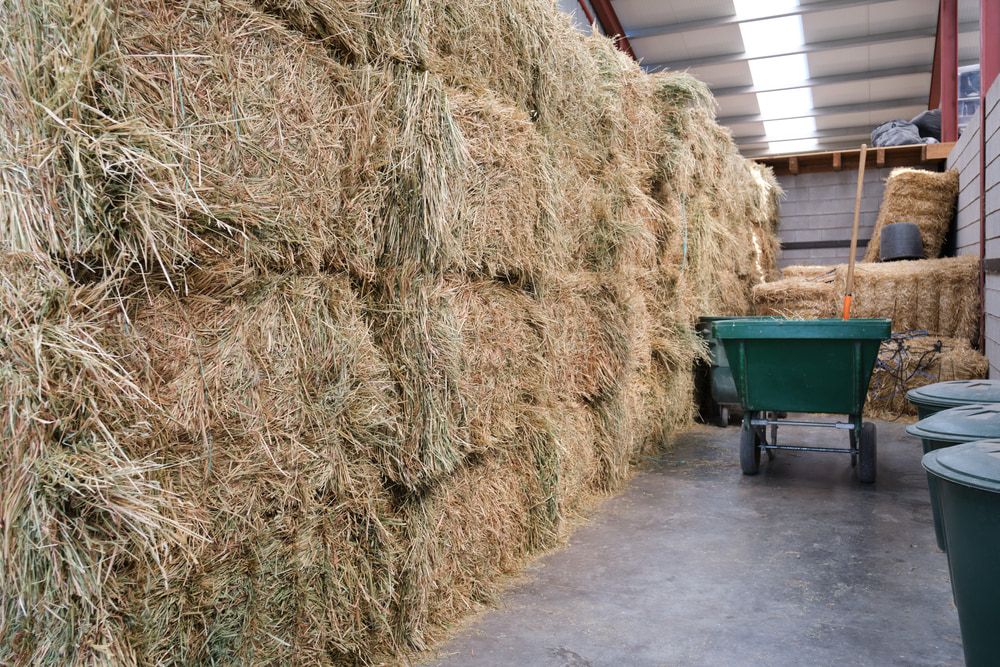Hay for Sale on the Mid North Coast
- Trusted local store since 1988
- Expert advice from rural specialists
- Fast, friendly service—no fuss
Contact Us
Thank you for contacting Farm and Home.
We will get back to you as soon as possible.
Oops, there was an error sending your message.
Please try again later.
Mid North Coast Hay for Sale
When you're feeding livestock, good-quality hay isn’t a luxury—it’s a necessity. Whether it’s dry feed during a tough season or a regular part of your animals’ diet, having access to reliable hay can make a big difference to their health and your bottom line. At Farm and Home on the Mid North Coast, our hay for sale is fresh, well-stored and suitable for a variety of animals including horses, cattle, sheep and goats. We know what to look for—minimal dust, consistent colour, and the right texture for digestibility—and we don’t stock what we wouldn’t use ourselves.
With a ute or truck available, we can also deliver bulk orders to local properties when needed.
To check availability or arrange delivery, call us on
(02) 6554 1204.
Feed with Confidence All Year Round
Hay needs change with the seasons, and so does supply. That’s why sourcing hay from a dependable supplier is essential, especially when weather impacts harvest or storage. From lucerne and grassy blends to pasture hay and straw, different animals benefit from different hay types, and choosing the wrong one can lead to nutrition gaps, waste or even illness. Whether you’re feeding performance horses, weaned calves or a few hobby farm animals, matching the hay to their needs can go a long way in keeping them healthy and well-fed.
We understand the small things that matter—tight, clean bales that stack well, moisture control to avoid spoilage, and flexibility in order sizes. If you’ve had trouble finding consistent hay in the past, working with a trusted local source can take the guesswork out of the process and give you peace of mind when feeding your animals.
What type of hay is best for horses?
Lucerne (also known as alfalfa) is a popular hay choice for horses due to its high protein and calcium content. It’s especially beneficial for young, growing horses or those in heavy work. However, for easy-keepers or horses prone to conditions like laminitis, a lower-protein grass hay—such as meadow, ryegrass or timothy—may be a better option. Mixing lucerne with grassy hay can help balance the diet. Always check hay for dust, mould, and weeds before feeding, as poor-quality hay can cause respiratory or digestive issues.
How can I tell if hay is good quality?
Good hay should be clean, dry, and free from dust or musty odours. Look for a bright green colour, which usually indicates freshness and high nutrient content. The texture should be soft but not overly leafy or brittle. Avoid hay with visible mould, discolouration, or signs of water damage, as this can lead to health problems in animals. Hay should also be stored in a well-ventilated, dry space to preserve its quality and prevent spoilage.
Can different animals eat the same type of hay?
While some hay types are versatile, it’s important to match hay to the species. Cattle and sheep can usually tolerate coarser, more fibrous hay, while horses often need softer, dust-free varieties. Goats are known to be selective and may prefer leafy or sweet-smelling hay. Mixing hay types is fine as long as the nutritional needs of each species are met. If you're feeding multiple animal types from the same source, aim for a high-quality grass hay with moderate protein.






